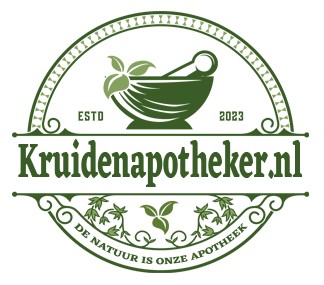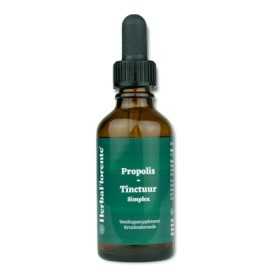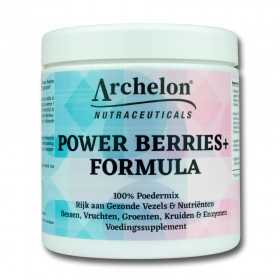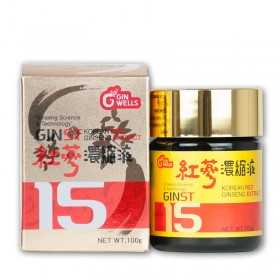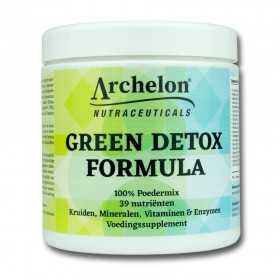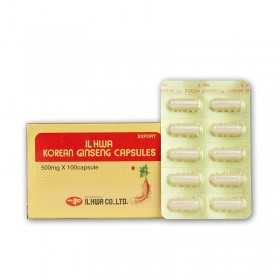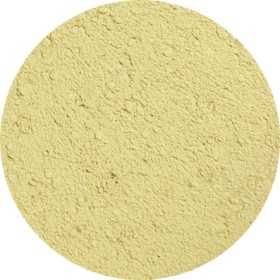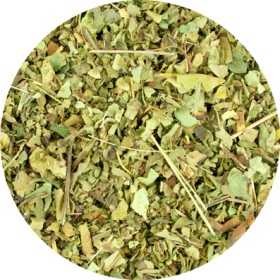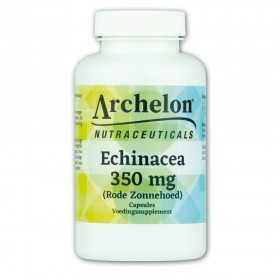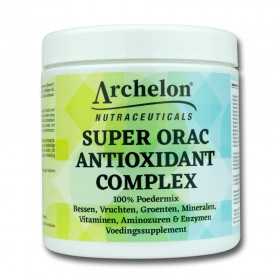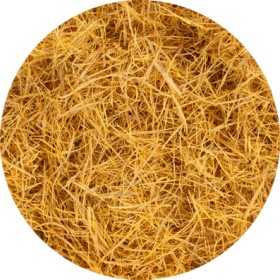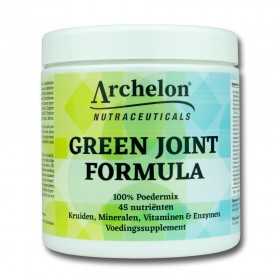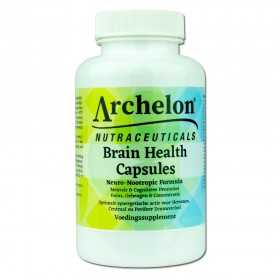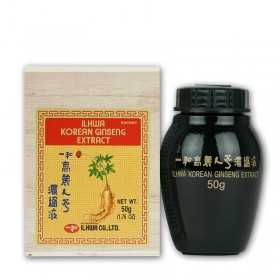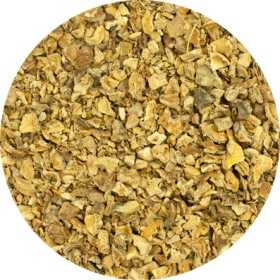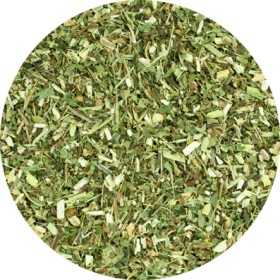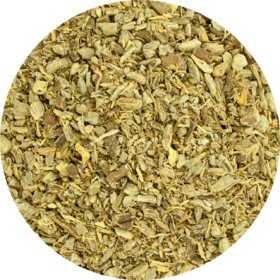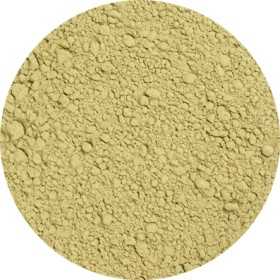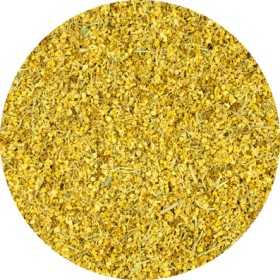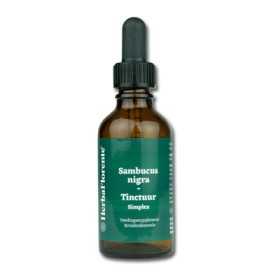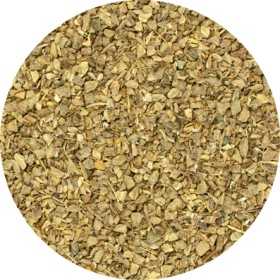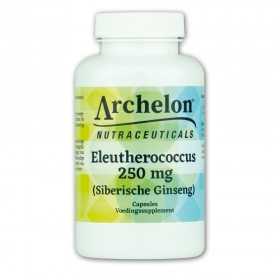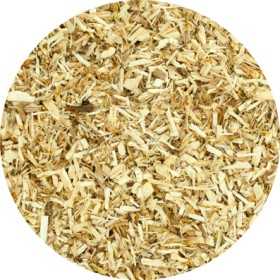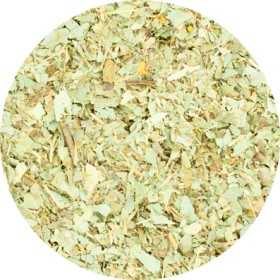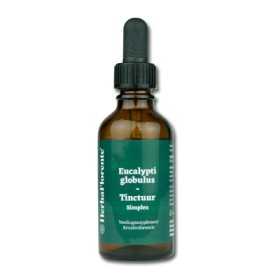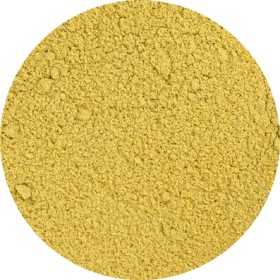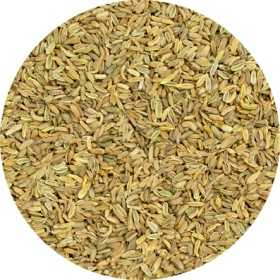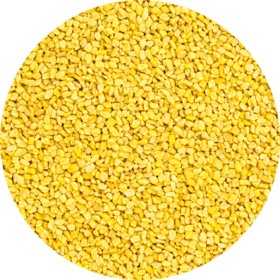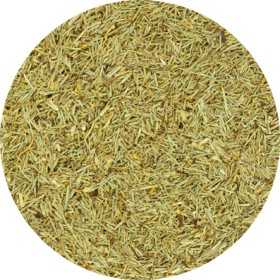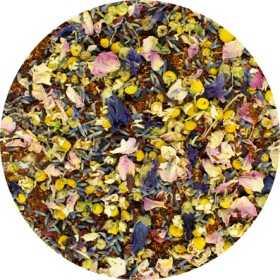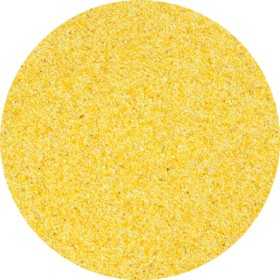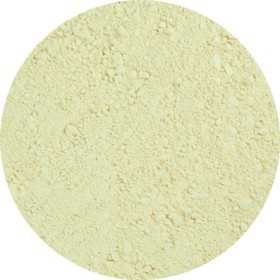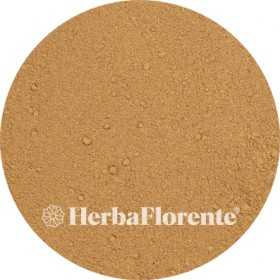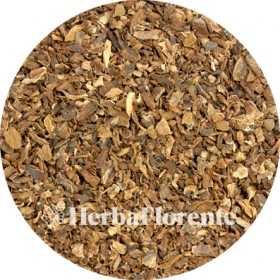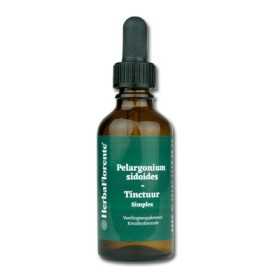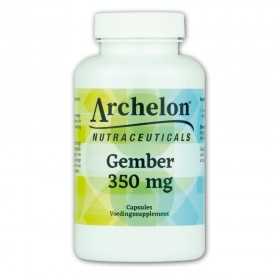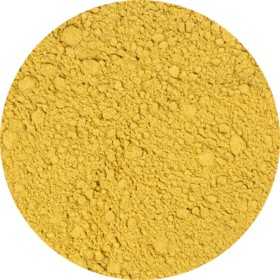Allergy
There are 121 products.
Devil's Claw - Harpagophytum procumbems
The devil's claw (Harpagophytum procumbens) gets its name from the claw-like spines that cover the fruits. The name is derived from the Greek word 'harpagos', meaning 'anchor', which refers to the shape of the plant. The plant grows mainly in the Kalahari Desert, which extends across parts of Namibia, Botswana and South Africa. A distant relative of the sesame plant, the devil's claw blooms with beautiful red to purple trumpet-shaped flowers. The medicinal properties of devil's claw are located underground, in the tubers and roots. The plant is known for its beneficial effect on digestion and promoting flexible joints.
€2.60
From: €2.60
Echinacea (Coneflower) (Herb) - Echinaceae purp.
Purple coneflower (Echinacea purpurea) is one of the most widely grown and used herbs in the world because of its positive influence on the immune system. The genus name 'echinacea' is derived from the Greek word 'echinos', meaning 'hedgehog', because of the spiky flower cone. Since the beginning of the last century, much research has been done into Echinacea purpurea in Europe.
This plant has a rich history and originally comes from North America. Indigenous tribes used this perennial plant for its beneficial effects on the immune system. Colonist doctor H.C.F. Meyer adopted this knowledge from the indigenous population and brought the first product based on echinacea onto the market in 1871.
This plant has a rich history and originally comes from North America. Indigenous tribes used this perennial plant for its beneficial effects on the immune system. Colonist doctor H.C.F. Meyer adopted this knowledge from the indigenous population and brought the first product based on echinacea onto the market in 1871.
€2.00
From: €2.00
Echinacea (Coneflower) (Root) - Echinaceae purp.
Purple coneflower (Echinacea purpurea) is one of the most widely grown and used herbs in the world because of its positive influence on the immune system. The genus name 'echinacea' is derived from the Greek word 'echinos', meaning 'hedgehog', because of the spiky flower cone. Since the beginning of the last century, much research has been done into Echinacea purpurea in Europe.
This plant has a rich history and originally comes from North America. Indigenous tribes used this perennial plant for its beneficial effects on the immune system. Colonist doctor H.C.F. Meyer adopted this knowledge from the indigenous population and brought the first product based on echinacea onto the market in 1871.
This plant has a rich history and originally comes from North America. Indigenous tribes used this perennial plant for its beneficial effects on the immune system. Colonist doctor H.C.F. Meyer adopted this knowledge from the indigenous population and brought the first product based on echinacea onto the market in 1871.
€3.00
From: €3.00
Echinacea (Coneflower) - Echinaceae purp.
Purple coneflower (Echinacea purpurea) is one of the most widely grown and used herbs in the world because of its positive influence on the immune system. The genus name 'echinacea' is derived from the Greek word 'echinos', meaning 'hedgehog', because of the spiky flower cone. Since the beginning of the last century, much research has been done into Echinacea purpurea in Europe.
This plant has a rich history and originally comes from North America. Indigenous tribes used this perennial plant for its beneficial effects on the immune system. Colonist doctor H.C.F. Meyer adopted this knowledge from the indigenous population and brought the first product based on echinacea onto the market in 1871.
This plant has a rich history and originally comes from North America. Indigenous tribes used this perennial plant for its beneficial effects on the immune system. Colonist doctor H.C.F. Meyer adopted this knowledge from the indigenous population and brought the first product based on echinacea onto the market in 1871.
€4.00
From: €4.00
Echinacea (Red Coneflower) - 350 mg
Purple coneflower (Echinacea purpurea) is one of the most widely grown and used herbs in the world because of its positive influence on the immune system. The genus name 'echinacea' is derived from the Greek word 'echinos', meaning 'hedgehog', because of the spiky flower cone. Since the beginning of the last century, much research has been done into Echinacea purpurea in Europe.
This plant has a rich history and originally comes from North America. Indigenous tribes used this perennial plant for its beneficial effects on the immune system. Colonist doctor H.C.F. Meyer adopted this knowledge from the indigenous population and brought the first product based on echinacea onto the market in 1871.
This plant has a rich history and originally comes from North America. Indigenous tribes used this perennial plant for its beneficial effects on the immune system. Colonist doctor H.C.F. Meyer adopted this knowledge from the indigenous population and brought the first product based on echinacea onto the market in 1871.
€15.96
€19.95
Elder - Sambuci nigri
The elder (Sambucus nigra L.) is a native tree/shrub in the Netherlands that is widespread in various places in our country. Towards the end of May the elder tree blooms and produces large umbels of small, creamy white flowers that give off a sweet, floral scent. These blossoms are used to make elderflower liqueur, syrup or pancakes. In addition to their delicious taste, the blossoms are also rich in substances, including up to 3% flavonoids such as rutin, quercetin and astragalin. In addition, they contain tannins (tannins), triterpenes, fatty acids and essential oil.
€3.60
From: €3.60
Elderberry Tincture - Sambucus nigra Tincture
Single herbal tincture made with dried blossom herb of Sambucus nigra (elderberry).
The elder (Sambucus nigra L.) is a native tree/shrub in the Netherlands that is widespread in various places in our country. Towards the end of May the elder tree blooms and produces large umbels of small, creamy white flowers that give off a sweet, floral scent. These blossoms are used to make elderflower liqueur, syrup or pancakes. In addition to their delicious taste, the blossoms are also rich in substances, including up to 3% flavonoids such as rutin, quercetin and astragalin. In addition, they contain tannins (tannins), triterpenes, fatty acids and essential oil.
The elder (Sambucus nigra L.) is a native tree/shrub in the Netherlands that is widespread in various places in our country. Towards the end of May the elder tree blooms and produces large umbels of small, creamy white flowers that give off a sweet, floral scent. These blossoms are used to make elderflower liqueur, syrup or pancakes. In addition to their delicious taste, the blossoms are also rich in substances, including up to 3% flavonoids such as rutin, quercetin and astragalin. In addition, they contain tannins (tannins), triterpenes, fatty acids and essential oil.
€10.95
Elecampane - Inula helenium
The Elecampane (Inula helenium) is a perennial plant that belongs to the composite family (Compositae or Asteraceae). This plant is naturally found in Western and Central Asia and has been known for its culinary and medicinal uses since ancient times.
The ancient Greeks called the plant helenion, which means "the radiant, the splendid." This name is related to hèlios, which means "sun". There are several myths surrounding the naming. The Romans adopted the Greek name and called the plant inula. When Linnaeus introduced the scientific Latin name Inula helenium in 1753, he combined the Roman genus name with the Greek specific name.
The ancient Greeks called the plant helenion, which means "the radiant, the splendid." This name is related to hèlios, which means "sun". There are several myths surrounding the naming. The Romans adopted the Greek name and called the plant inula. When Linnaeus introduced the scientific Latin name Inula helenium in 1753, he combined the Roman genus name with the Greek specific name.
€2.20
From: €2.20
Eleutherococcus (Siberian Ginseng) - 250 mg
Siberian ginseng (Eleutherococcus senticosus) has had a good reputation in both China and Russia for centuries as a supporter of the immune system. Siberian ginseng root extract is beneficial for memory and concentration.
The carrots are a rich source of beta-carotene, vitamins B1, B2, C and E, and they are high in eleutherosides. It is important not to confuse Siberian ginseng with its Korean variant (Panax ginseng) or the American one (Panax quinquefolius). Not only do the names differ, but also the properties.
The carrots are a rich source of beta-carotene, vitamins B1, B2, C and E, and they are high in eleutherosides. It is important not to confuse Siberian ginseng with its Korean variant (Panax ginseng) or the American one (Panax quinquefolius). Not only do the names differ, but also the properties.
€14.36
€17.95
Elm - Ulmi camp. - Cut
The elm (Ulmus), also known as olm, is a genus of deciduous trees. These trees have feather-veined leaves with a serrate or double-serrate leaf edge. They bloom before the leaves appear, with small green perianths whose petals are fused together. Above the perianths are the stamens with purple anthers and the pistil. The seeds of the elm are flattened and have a broad, winged edge. Elms thrive best in fairly nutrient-rich, moist and calcareous soil.
€2.00
From: €2.00
Eucalyptus - Eucalypti globulus
Eucalyptus (Eucalyptus globulus) belongs to the myrtle family (Myrtaceae) and is native to Australia and neighboring areas. Some specimens were brought to Europe by Joseph Banks during Captain Cook's expedition.
In Europe, eucalyptus is mainly planted in the Mediterranean region, although it can also thrive on the west coast of England and Scotland, although only some species can withstand winter.
Aromatic oil containing eucalyptol is extracted from various eucalyptus species. This oil, extracted from the leaves, is used for inhalation for colds to clear the airways. The two main species from which the oil is extracted are Eucalyptus globulus and Eucalyptus odorata.
In Europe, eucalyptus is mainly planted in the Mediterranean region, although it can also thrive on the west coast of England and Scotland, although only some species can withstand winter.
Aromatic oil containing eucalyptol is extracted from various eucalyptus species. This oil, extracted from the leaves, is used for inhalation for colds to clear the airways. The two main species from which the oil is extracted are Eucalyptus globulus and Eucalyptus odorata.
€2.00
From: €2.00
Eucalyptus Tincture - Eucalypti globulus Tincture
Single herbal tincture made with dried leaf of Eucalypti globulus (Eucalyptus).
Eucalyptus (Eucalyptus globulus) belongs to the myrtle family (Myrtaceae) and is native to Australia and neighboring areas. Some specimens were brought to Europe by Joseph Banks during Captain Cook's expedition.
In Europe, eucalyptus is mainly planted in the Mediterranean region, although it can also thrive on the west coast of England and Scotland, although only some species can withstand winter.
Eucalyptus (Eucalyptus globulus) belongs to the myrtle family (Myrtaceae) and is native to Australia and neighboring areas. Some specimens were brought to Europe by Joseph Banks during Captain Cook's expedition.
In Europe, eucalyptus is mainly planted in the Mediterranean region, although it can also thrive on the west coast of England and Scotland, although only some species can withstand winter.
€10.95
Fennel - Foeniculum vulgare - Grounded
Fennel (Foeniculum vulgare) is a plant belonging to the lacecap family (Apiaceae). It has a distinctive flavor reminiscent of anise, and both the threadlike branches of the leaves and the seeds are used as a herb and spice.
Originally from Asia and the Mediterranean, fennel was brought to Europe via medieval trade routes. Fennel is widely grown, especially in Southern Europe, and is an important ingredient in salads and other dishes.
Chewing fennel seeds can suppress the feeling of hunger. In the past, believers who went to church sober sometimes chewed fennel seeds during the church service.
Originally from Asia and the Mediterranean, fennel was brought to Europe via medieval trade routes. Fennel is widely grown, especially in Southern Europe, and is an important ingredient in salads and other dishes.
Chewing fennel seeds can suppress the feeling of hunger. In the past, believers who went to church sober sometimes chewed fennel seeds during the church service.
€2.60
From: €2.60
Fennel - Foeniculum vulgare - Whole
Fennel (Foeniculum vulgare) is a plant belonging to the lacecap family (Apiaceae). It has a distinctive flavor reminiscent of anise, and both the threadlike branches of the leaves and the seeds are used as a herb and spice.Originally from Asia and the Mediterranean, fennel was brought to Europe via medieval trade routes. Fennel is widely grown, especially in Southern Europe, and is an important ingredient in salads and other dishes.Chewing fennel seeds can suppress the feeling of hunger. In the past, believers who went to church sober sometimes chewed fennel seeds during the church service.
€2.00
From: €2.00
Fenugreek - Foenugraeci graecum - Whole
Fenugreek (Trigonella foenum-graecum), also known as fenugreek, boxhorn trefoil or Greek hay, is known for its various health benefits. It can help stimulate appetite, support the immune system and promote fat metabolism.
This versatile plant is mainly used as a spice in Indian cuisine. The aromatic leaves of fenugreek are also used to mask the bitter taste of medicines. Originally from the Mediterranean region, fenugreek later gained popularity in Asia.
Fenugreek is rich in essential minerals such as iron and copper. In addition, it contains saponins and coumarins, where coumarins are known for their pleasant hay-like scent.
This versatile plant is mainly used as a spice in Indian cuisine. The aromatic leaves of fenugreek are also used to mask the bitter taste of medicines. Originally from the Mediterranean region, fenugreek later gained popularity in Asia.
Fenugreek is rich in essential minerals such as iron and copper. In addition, it contains saponins and coumarins, where coumarins are known for their pleasant hay-like scent.
€1.95
From: €1.95
Field Horsetail - Equisetum arvense - Cut
Horsetail (Equisetum arvense), also known as horsetail because of its appearance, belongs to the horsetail family. It is known for its supportive properties for the skin, hair and nails, and it provides benefits for the liver and blood vessels. Horsetail extract has a natural calming effect and promotes a healthy moisture balance.
This plant thrives in different environments, such as meadows, along roads, on waste land and on slopes. Horsetail is one of the oldest plant species on earth, having existed for 390 million years. Thanks to its deep roots, horsetail can extract minerals from the depths of the earth. That is why horsetail is packed with valuable substances, including minerals, fiber and silicon.
This plant thrives in different environments, such as meadows, along roads, on waste land and on slopes. Horsetail is one of the oldest plant species on earth, having existed for 390 million years. Thanks to its deep roots, horsetail can extract minerals from the depths of the earth. That is why horsetail is packed with valuable substances, including minerals, fiber and silicon.
€3.95
From: €3.95
Flowers Herbal Tea
Herbal tea composed of various herbs
Nice for a floral moment
Nice for a floral moment
€3.95
Garlic (Fine) - Allium sativi
Garlic (Allium sativum) has a beneficial effect on the circulatory system and the liver, while also supporting the immune system and regulating blood sugar levels.
Garlic belongs to the garlic family and produces a leafy, round flower shaft from the bulb in the spring. It is one of the oldest plants in herbalism. Although it is prized for its taste, garlic is also known for its strong smell.
Garlic belongs to the garlic family and produces a leafy, round flower shaft from the bulb in the spring. It is one of the oldest plants in herbalism. Although it is prized for its taste, garlic is also known for its strong smell.
€2.00
From: €2.00
Garlic - Allium sativi
Garlic (Allium sativum) has a beneficial effect on the circulatory system and the liver, while also supporting the immune system and regulating blood sugar levels.
Garlic belongs to the garlic family and produces a leafy, round flower shaft from the bulb in the spring. It is one of the oldest plants in herbalism. Although it is prized for its taste, garlic is also known for its strong smell.
Garlic belongs to the garlic family and produces a leafy, round flower shaft from the bulb in the spring. It is one of the oldest plants in herbalism. Although it is prized for its taste, garlic is also known for its strong smell.
€2.00
From: €2.00
Geranium - Pelargonium sidoides
The Cape geranium, also known as Pelargonium sidoides, is a South African geranium species that has been part of indigenous herbal lore for centuries. The locals call it 'umckaloabo'. This plant thrives in the wild among tall grass and aromatic flower beds on the slopes of the Cape coast. It has soft, velvety gray-green leaves and deep magenta-colored flowers. The dried and ground rhizomes are dark red in color. They have a soothing effect on the airways and are therefore suitable for providing support for airway problems.
€5.00
From: €5.00
Geranium - Pelargonium sidoides - Cut
The Cape geranium, also known as Pelargonium sidoides, is a South African geranium species that has been part of indigenous herbal lore for centuries. The locals call it 'umckaloabo'. This plant thrives in the wild among tall grass and aromatic flower beds on the slopes of the Cape coast. It has soft, velvety gray-green leaves and deep magenta-colored flowers. The dried and ground rhizomes are dark red in color. They have a soothing effect on the airways and are therefore suitable for providing support for airway problems.
€4.40
From: €4.40
Geranium Tincture - Pelargonium sidoides Tincture
Single herbal tincture made with dried root of Pelargonium sidoides (Cape geranium).
The Cape geranium, also known as Pelargonium sidoides, is a South African geranium species that has been part of indigenous herbal lore for centuries. The locals call it 'umckaloabo'. This plant thrives in the wild among tall grass and aromatic flower beds on the slopes of the Cape coast. It has soft, velvety gray-green leaves and deep magenta-colored flowers. The dried and ground rhizomes are dark red in color. They have a soothing effect on the airways and are therefore suitable for providing support for airway problems.
The Cape geranium, also known as Pelargonium sidoides, is a South African geranium species that has been part of indigenous herbal lore for centuries. The locals call it 'umckaloabo'. This plant thrives in the wild among tall grass and aromatic flower beds on the slopes of the Cape coast. It has soft, velvety gray-green leaves and deep magenta-colored flowers. The dried and ground rhizomes are dark red in color. They have a soothing effect on the airways and are therefore suitable for providing support for airway problems.
€10.95
Ginger - 350 mg
Ginger comes from the root of the ginger plant (Zingiber officinale) and is used as a spice in many countries because of its strong flavor. It contains various bioactive substances, including gingerol, shogaol and zingiberene. Ginger supports the immune system, promotes healthy digestion and has a beneficial effect on the heart and blood vessels. Additionally, ginger can promote well-being during vehicle travel.
€19.95
Ginger - Zingiberis Thiz. Mund. officinalis
Ginger comes from the root of the ginger plant (Zingiber officinale) and is used as a spice in many countries because of its strong flavor. It contains various bioactive substances, including gingerol, shogaol and zingiberene. Ginger supports the immune system, promotes healthy digestion and has a beneficial effect on the heart and blood vessels. Additionally, ginger can promote well-being during vehicle travel.
€2.40
From: €2.40
